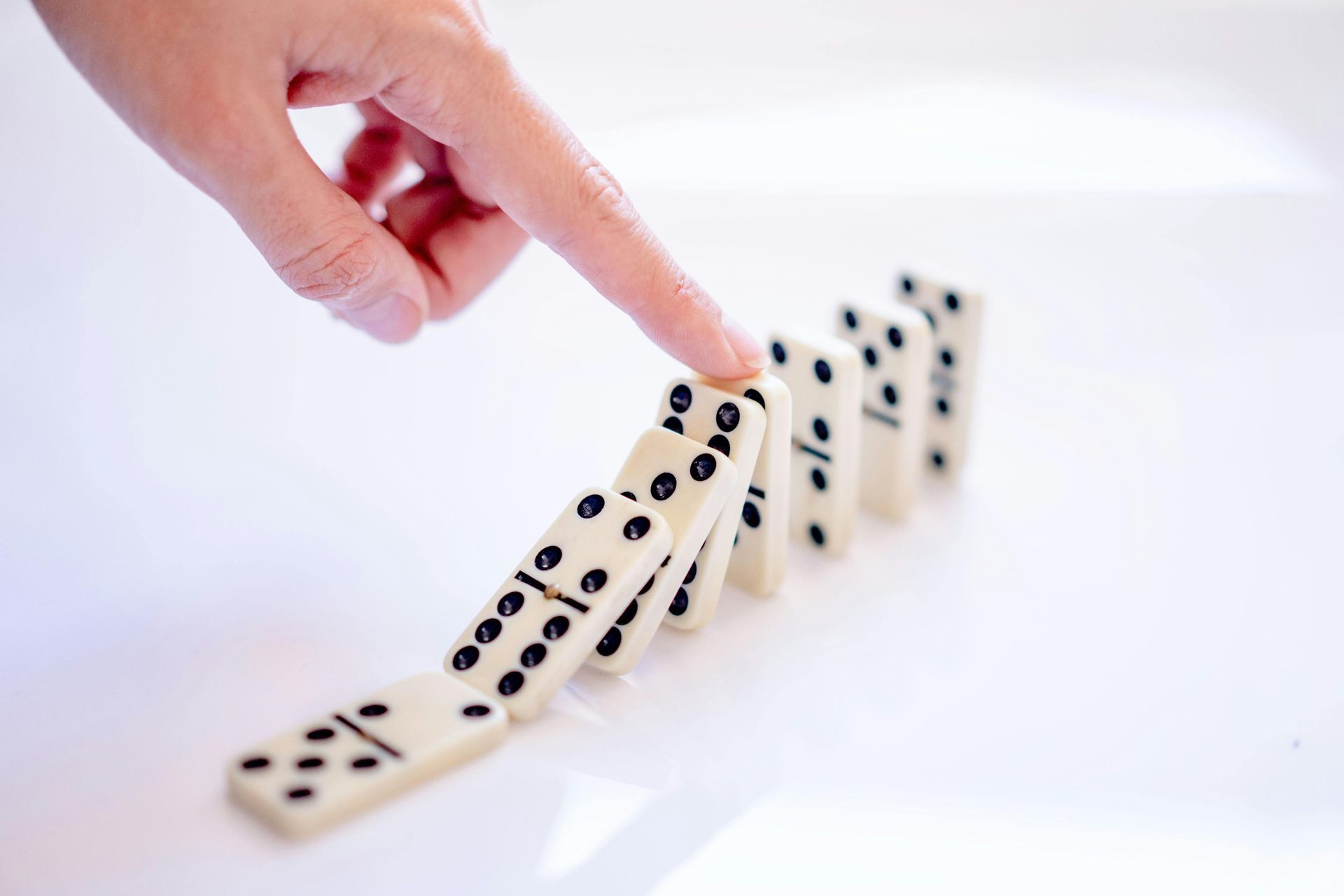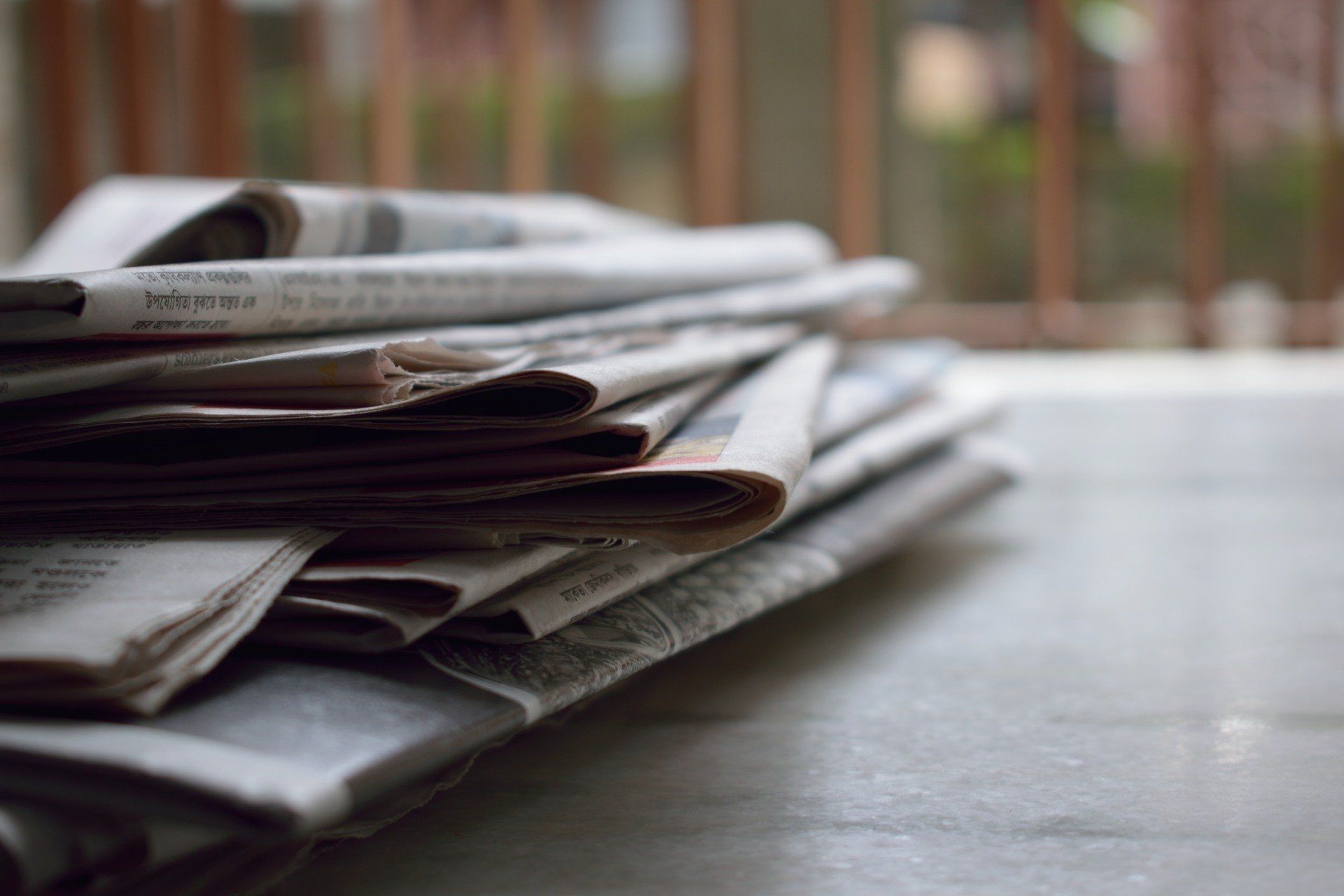The hidden dangers of Benzalkonium chloride... neutralised
The disinfection sector has been one of the world's biggest covid winners, enjoying an unprecedented boom worth billions. At the same time the environmental impact of some cleaning chemicals is horrendous.
Now new research has revealed how UVC technology might play a role in keeping humanity and the seas and oceans we depend upon safe.
One of the biggest sinners is a substance called Benzalkonium chloride, shortened to BAK. It's the main ingredient in many disinfection and cleaning products made by household-name brands including Dettol. While it's very effective against a variety of bacteria and viruses, high levels are toxic. BAK is already finding its way into our waterways, flowing into the seas to create 'irreparable damage to marine environments'.
Obviously this can't be allowed to continue. Experts are calling for BAK to only be allowed in 'small, non-harmful doses', closely monitored for contact with food and with strict limits around the amount allowed in food. The European Commission has already reduced the maximum residual levels of BAK on consumables from 0.5 mg per kg to 0.1 mg per kg.
Neutralising the toxic BAK problem using UVC
Dr Manlong Xu and his team have been busy researching the dangers of BAK, especially its effects on the human eye. They've found the chemical risk presented by BAK can be 'neutralised' with UVC light, which means BAK can be used in higher concentrations without causing harm to humans or the environment.
UVC doesn't mess with the impressive cleaning properties of BAK disinfectants because it comes into play afterwards. You disinfect with BAK, then you bring in UVC afterwards to safely neutralise the BAK. UVC itself is also brilliant at killing off nasties like covid, SARS, MERS and Ebola. BAK breaks down the virus' cell membranes, UVC mutates their DNA, you get two powerful ways to kill covid and you cause a whole lot less harm to people, animals and our world because you've safely neutralised the BAK once it has done its job.
A match made in heaven
This represents a real win-win situation. Dual BAK-UVC disinfection should prove a huge benefit in hospitals, especially in preventing hospital acquired infections. Dual disinfection is more effective in stopping microbe growth on places chemical disinfection alone often miss, thanks to UVC light's greater reach. And one of the world's strongest yet most toxic chemical disinfection agents would finally be made safe.
As Dr David McCanna says, “There is absolutely a need for additional research into dual disinfection, especially given the current outbreak of COVID-19 and the commonality of outbreaks of microorganisms and foodborne illnesses in food processing plants which are affecting the supply of food throughout North America. Furthermore, aquatic animals are increasingly affected by the amount of disinfection that is required to combat all of these contagions. That is why the UVC method is so innovative, you increase the disinfection efficacy of your procedures whilst reducing the amount of toxicity of those disinfecting agents, so that they do not harm human health or the environment.”
Belt-and-braces dual disinfection
The UK is entering what scientists are calling a 'high stakes gamble' situation (Source: New Scientist magazine), with 'freedom' from covid restrictions in place from 19th July. This means it's more important than ever to make sure your premises, your shop, cinema, theatre, school, surgery or anywhere else people work or play is as covid-free as possible. Now more than ever, it's time to get in touch for the details about our fantastic, highly effective and safe covid UVC disinfection machines.
Source: https://www.healtheuropa.eu/uvc-bak-dual-disinfection-heralds-a-new-age-of-infection-control/109852/










